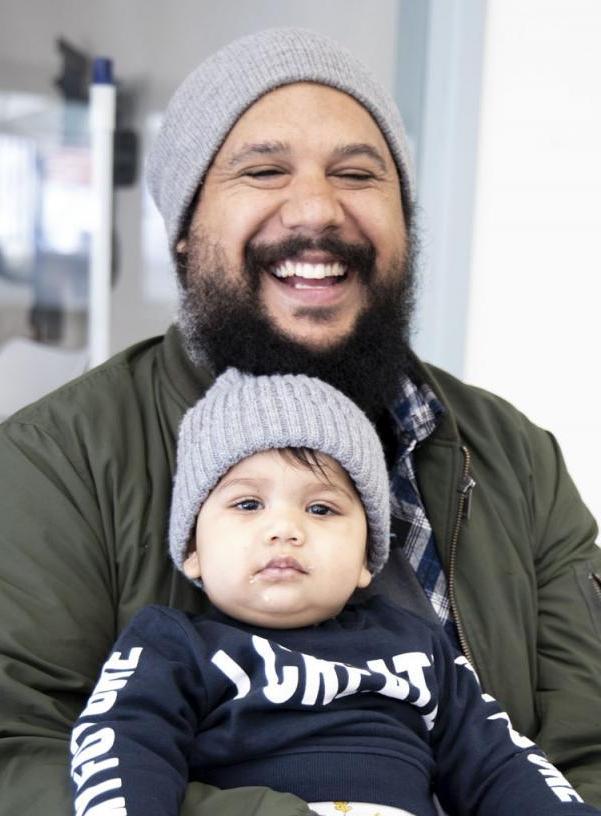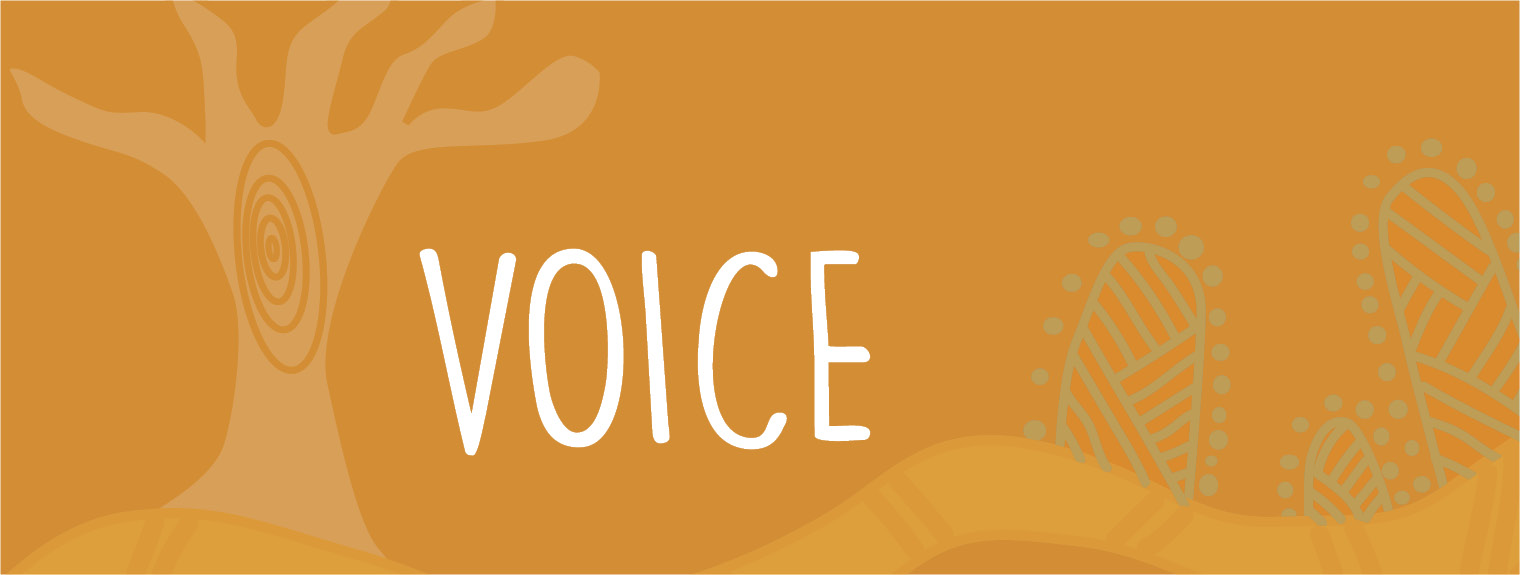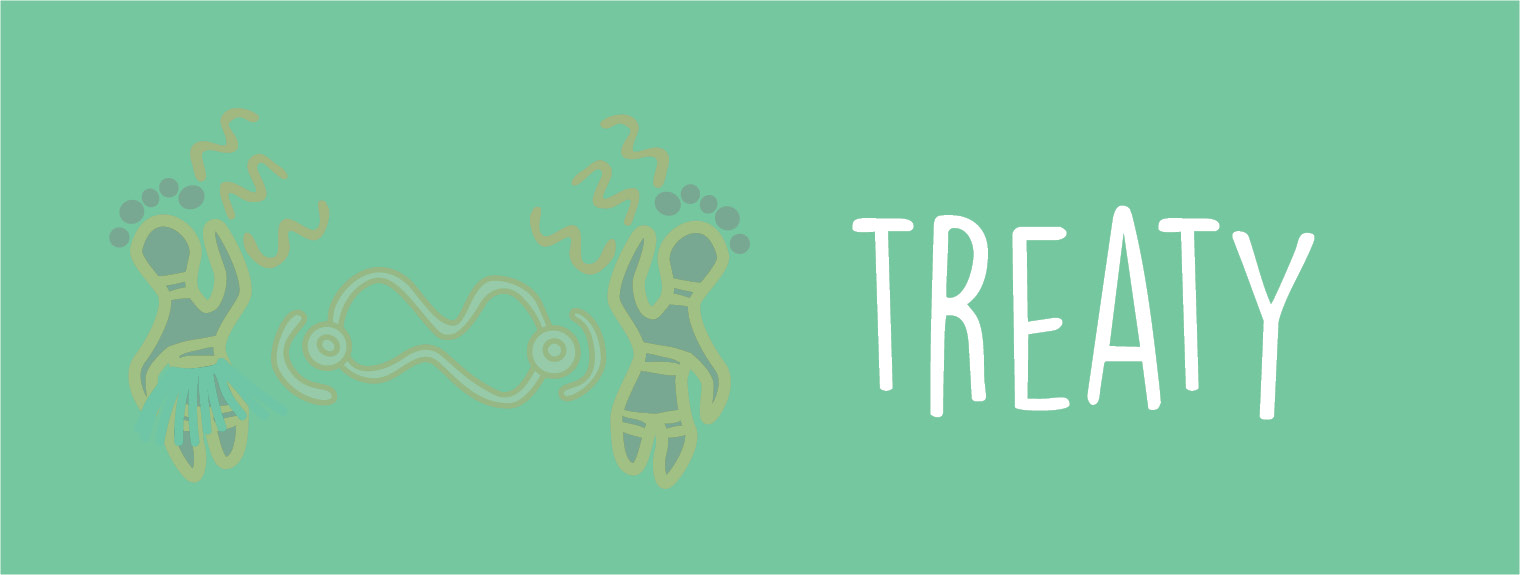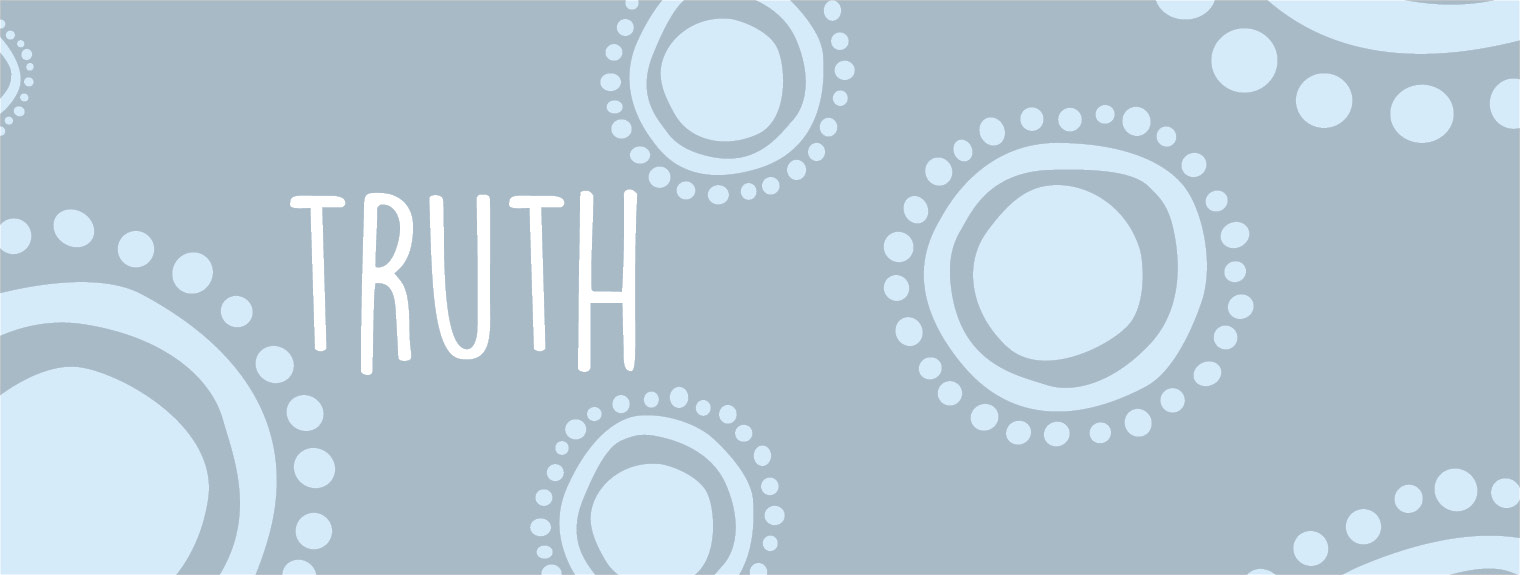Henry Purcell is a proud Kaurna man from Adelaide, South Australia who was raised in Melbourne.

For the past 4 years, Henry has worked at VACCA in a variety of roles, most recently as the Organisational Development Coordinator, supporting the development and retention of Aboriginal staff within the organisation. His current role works to upskill staff through delivery of a culturally tailored Diploma in Community Services and by coordinating traineeships for young Aboriginal people. He aims to have a positive impact on emerging Aboriginal leaders and provide opportunities for Aboriginal people in the space of education and workplace experience.
Henry continues to DJ and release electronic music and utilises his platform on his Kiss FM radio show ‘The Weekend Chug’ to advocate and encourage difficult conversations and demonstrate the importance of music and the therapeutic role it plays in people’s lives.
Deadly Story welcomes Henry as he shares his thoughts on 2019's NAIDOC theme of 'Voice, Treaty, Truth.'


What does it mean for the Aboriginal Community to have a voice in our modern society?
For Aboriginal people, having a voice in modern society enables us to make decisions for our families and young children. Many families are still working through the consequences and the trauma of the Stolen Generations, colonisation and the government policies that were in place. We often need to pick up the slack where non-Aboriginal Australia kinda sweeps issues under the mat or are not educated about or aren’t privy to.
Having a voice in modern society enables us to be able to make decisions for our families and young children
What are your ideas for how the Aboriginal voice in this country can be given a greater platform?
Aboriginal people can have a stronger voice through utilising resources like social media and websites like Deadly Story that demonstrate Aboriginal Community and Aboriginal culture in a really positive light. It's important to get that out there and maximise the exposure that non-Aboriginal Australia gets of the Aboriginal Community. I feel like a divide is there because a lot of non-Aboriginal Australia are ignorant. This is not necessarily in a negative sense but many are just unaware of the issues facing the Aboriginal Community and also the way Aboriginal culture functions and the way that Aboriginal culture is. So I feel like education is a really practical way to close that divide.
Get that out there and maximise the exposure that non-Aboriginal Australia gets of the Aboriginal Community


What does treaty mean to you?
For me treaty means enabling Aboriginal Community to have that stronger voice and having that voice heard in all facets of society from grassroots working with families and Community all the way up to the top, to government where the big decisions are made concerning Aboriginal Communities. For me treaty means welcoming the Aboriginal voice and welcoming Aboriginal people to that space where primary decisions are being made concerning the future of Aboriginal families, children and young people.
Having that voice heard in all facets of society from grassroots working with families and Community all the way up to the top
What aspects do you think should be included in the conversation about treaty?
One of the main things is reparations. This is a way we can look at Australian history and think about how we can repair some of that damage done to Aboriginal Community. Education should also be a part of treaty, ensuring that Aboriginal education is compulsory in all schools.
It's also important that language is included in treaty, even languages that may have been lost. And also funding for research about culture that has been lost through colonisation and how we can go about bringing back some of those languages, bringing back some of those cultural practices, bringing back some of those components that make Aboriginal culture so rich and thriving, and what made Aboriginal culture so rich and thriving for 40,000 years.
One of the main things is reparations. This is a way we can look at Australian history and think about how we can repair some of that damage done to Aboriginal Community
Cultural practices need to be a part of the conversation and need to be a part of Australian society, because we are the oldest living culture and we are on the land of the oldest living culture. It’s so important that any conversations recognise and acknowledge Aboriginal people as the oldest living culture and that our culture not only played a significant role then but it still maintains it’s significant role in families today.


What is a fact or truth about Aboriginal history and current experience that you think should be widely known?
Just the simple fact that colonisation wasn’t just a period of time, it’s been an ongoing and evolving process that’s been devastating for Aboriginal people. And a lot of people think that the Stolen Generations was something that happened in the early 20th century and that after 1967 when we got our rights to be citizens of this country, that it stopped. But the fact of the matter is that my brother was one of the first babies to be adopted into a non-Aboriginal family with Aboriginal Community consent, coming out of the Stolen Generations at the end of the 70s.
Colonisation wasn’t just a period of time, it’s been an ongoing and evolving process that’s been devastating for Aboriginal people
It’s important that people recognise the trauma that we’re dealing with isn’t trauma going back generations and generations, it’s trauma that we’re facing even today. Even now as we speak, with my son I’m breaking the cycle of transgenerational trauma and that’s in 2019. So it’s really important that wider Australia knows that the consequences of colonisation didn’t just stop at some point, it has continued. And the work that we do everyday is to break that cycle.
What do you think needs to be done to make these truths known?
Again, and I always come back to it, education, education, education. I feel like if children are being raised and they’re being educated about these truths, they’re going to have a greater awareness about contemporary issues concerning Aboriginal families, concerning Aboriginal Community. And that’s going to change the attitudes that Australians have towards Aboriginal Communities, including some of the more negative attitudes. That way the next generation of non-Aboriginal people are going to grow up with a greater awareness, with a greater understanding, with greater insight around colonisation, around past government policies and practices, around the Stolen Generation and the impacts of that for contemporary Aboriginal families today.
If children are being raised and they’re being educated about these truths, they’re going to have a greater awareness about contemporary issues concerning Aboriginal families
Educate, educate. And not only educate non-Aboriginal Australia but educate Aboriginal Australia as well. If we can close that divide, we can close that gap it’s going to create a much safer space to engage in the types of conversations and to be able to explain some of the harder truths that a lot of people don’t want to acknowledge and don’t want to recognise. So the ability to be able to educate the next generation will make things easier and make that space safer for these conversations to take place.
